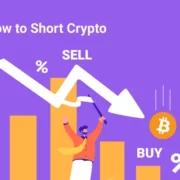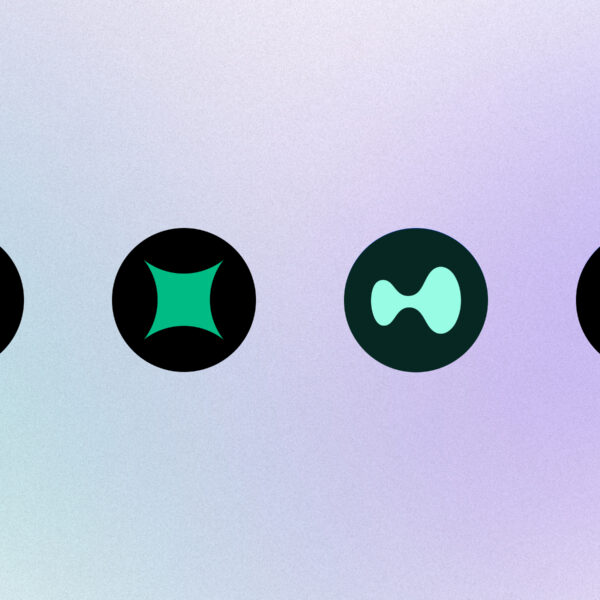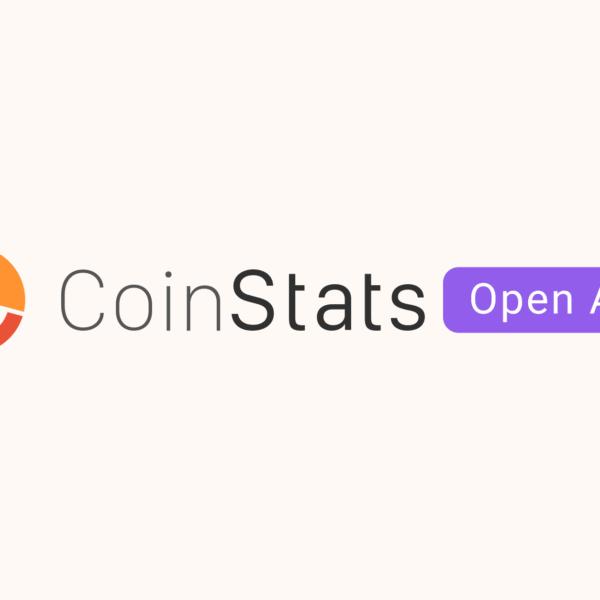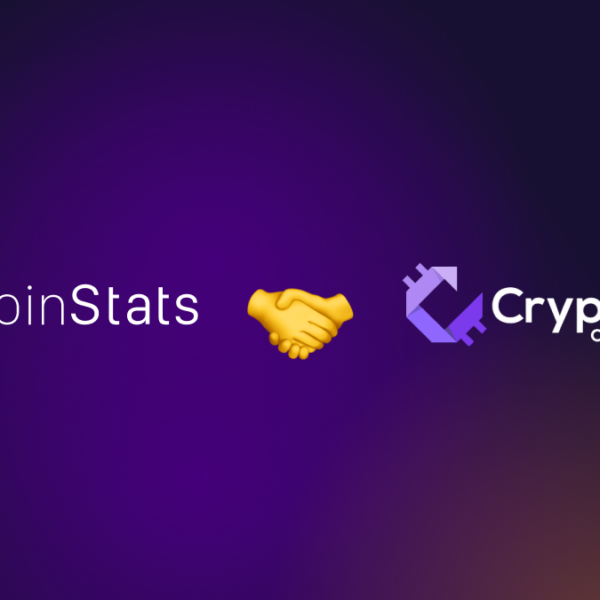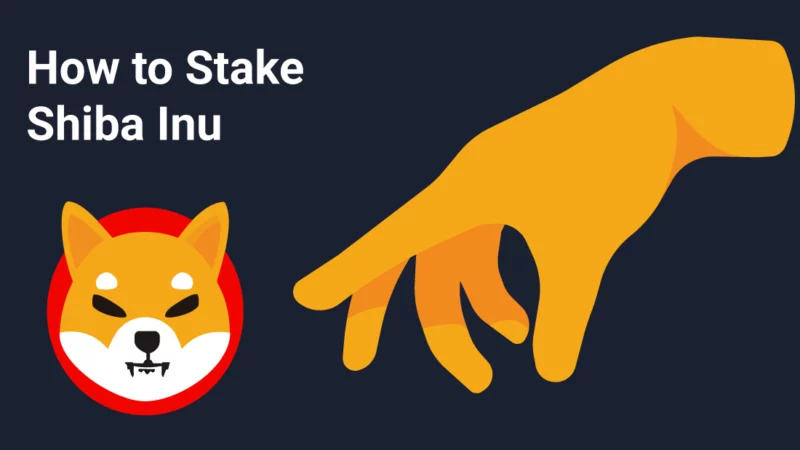
Not even Satoshi Nakamoto could have predicted the sudden rise of cryptocurrencies and blockchain technology. When he came out with the Bitcoin paper in 2008, the aim was to revolutionize and decentralize the financial world and give power back to the people. While Bitcoin has achieved that to a large extent, it is Ethereum and other altcoins that have been at the forefront of this change. There is one specific kind of altcoins that has brought in more people into the crypto sphere than any other kind and that type of altcoin is the meme coins. Dogecoin was the very first meme coin and after that, the biggest meme coin is Shiba Inu. Shina Inu has become what it is today because of its community members and it has proven to be highly profitable for the people that have invested in it. And now, you can also make money from Shiba Inu tokens by not just investing in them, but also staking Shiba Inu. In this article, we will give you a detailed guide on where, why, and how to stake Shiba Inu and earn rewards.
One Place For All Your
Crypto, DeFi & NFTs
What Is Shiba Inu?
The Shiba Inu official website describes it as “A Decentralized Meme Token that Evolved Into a Vibrant Ecosystem”. It was launched by a mysterious entity Ryoshi in August 2020 and was named after the popular Japanese dog breed Shiba Inu. The same breed is the face of the original meme token, Dogecoin. Shiba Inu is the name of the network with its native token SHIB. When SHIB tokens were launched, their total supply was one quadrillion, out of which Ryoshi locked half of it in Uniswap for liquidity and the other half was burnt by sending them to the Ethereum founder Vitalik Buterin. Vitalik Buterin later burnt 90 percent of his Shiba Inu tokens worth USD 6.7 billion to a dead wallet and donated the remaining 10 percent to a charity working for Covid-19 relief in India.
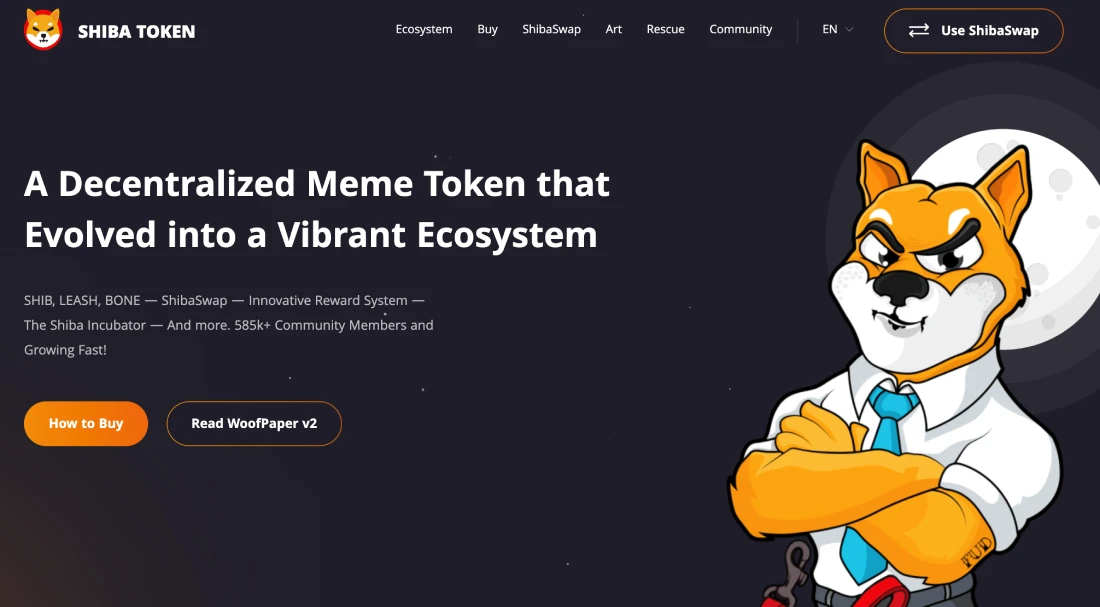
The SHIB tokens are built on the Ethereum blockchain and are ERC-20 tokens, and work by leveraging smart contracts. The Shiba Inu ecosystem has two more tokens, namely, BONE and LEASH which are also ERC-20 tokens. BONE is the ecosystems governance token and it is used by the Shib army to vote and participate in governance on the Doggy DAO. According to the Shiba Inu website, LEASH was supposed to be a rebase token pegged to the price of Dogecoin (DOGE), but it was decided not to rebase it and allow it to unleash its full potential.
While it’s only been 2 years since the launch of Shiba Inu tokens and the Shiba Inu ecosystem, it has already amassed a Shib Army having millions of members globally. Shib Army is what the Shiba Inu community is known as and it comprises members from almost every country in the world. It began as a meme token but the Shiba Inu network has evolved into a vast ecosystem comprising one of the world’s largest DeFi staking platforms, NFT marketplace, decentralized exchange, etc. Its biggest strength is its more than a million strong and loyal community that has made Shiba Inu one of the top 20 cryptocurrencies in the world. At the time of writing this article, the price of SHIB was USD 0.00001309 with a market cap of USD 7.7 billion and a 24-hour trading volume of USD 433.6 million. To check the live prices of a Shiba Inu Coin on CoinStats, go to Shiba Inu Price page.
How Does Staking Shiba Inu Work?
Since the Shiba Inu token’s total supply was minted on launch, users can not mine for Shiba Inu. But they can stake their tokens and earn rewards for them. The process of staking Shiba Inu coins is called Bury and the user that stake Shiba Inu are rewarded in xBONE, xSHIB, and xLEASH tokens in proportion to the staked Shiba coins. As you stake Shiba Inu tokens, you provide liquidity to the pool and also act as validators.
Shiba tokens have one of the largest and most active communities among all the tokens, and as a result, the token is available for trading on almost all the major cryptocurrency exchanges in the world and a lot of them support staking Shiba coins as well. Binance, Crypto.com, etc. are two of the biggest centralized exchanges that allow their users to buy and stake Shiba Inu coins and the interest payouts for staking vary from daily, weekly, monthly, etc. Moreover, you can also stake Shiba Inu coin on a decentralized exchange using a cryptocurrency wallet such as Metamask wallet. Shiba Inu has its own decentralized exchange, ShibaSwap, and the ecosystem encourages staking SHIB on its own platform.
Let us now learn how to stake Shiba Inu on different platforms.
How to Stake Shiba Inu on Binance?

Staking Shiba Inu on Binance, the world’s biggest and most popular centralized exchange is one of the easiest things that a new user could do. Binance offers both, flexible staking and locked staking. In flexible staking, you can withdraw your staked SHIB tokens at any time, whereas in locked staking, you can not withdraw your locked SHIB tokens without incurring a loss of interest.
In order to stake SHIB tokens, you will need to buy SHIB tokens on Binance. It is very easy to buy Shiba Inu on Binance as all you need is to create a retail investor account using your phone number and email address, complete your KYC, and set up two-factor authentication to keep your account safe. Once you’ve done that, the process of purchasing Shiba Inu is very simple and you can buy using fiat currencies like USD as well. If you want to buy Shiba Inu, go check our guide on how to buy Shiba Inu.
Binance offers staking options ranging from 10, 30, 60, 90, and 120 days and flexible savings as well. The APR varies from 0.50 percent on flexible savings to 12.09 percent on staking Shiba Inu for 120 days. You can choose to subscribe to any of the plans of your choice and earn staking rewards. But it should be kept in mind that these flexible and locked staking plans are available on a first-come-first-serve basis and the slots get filled up very fast.
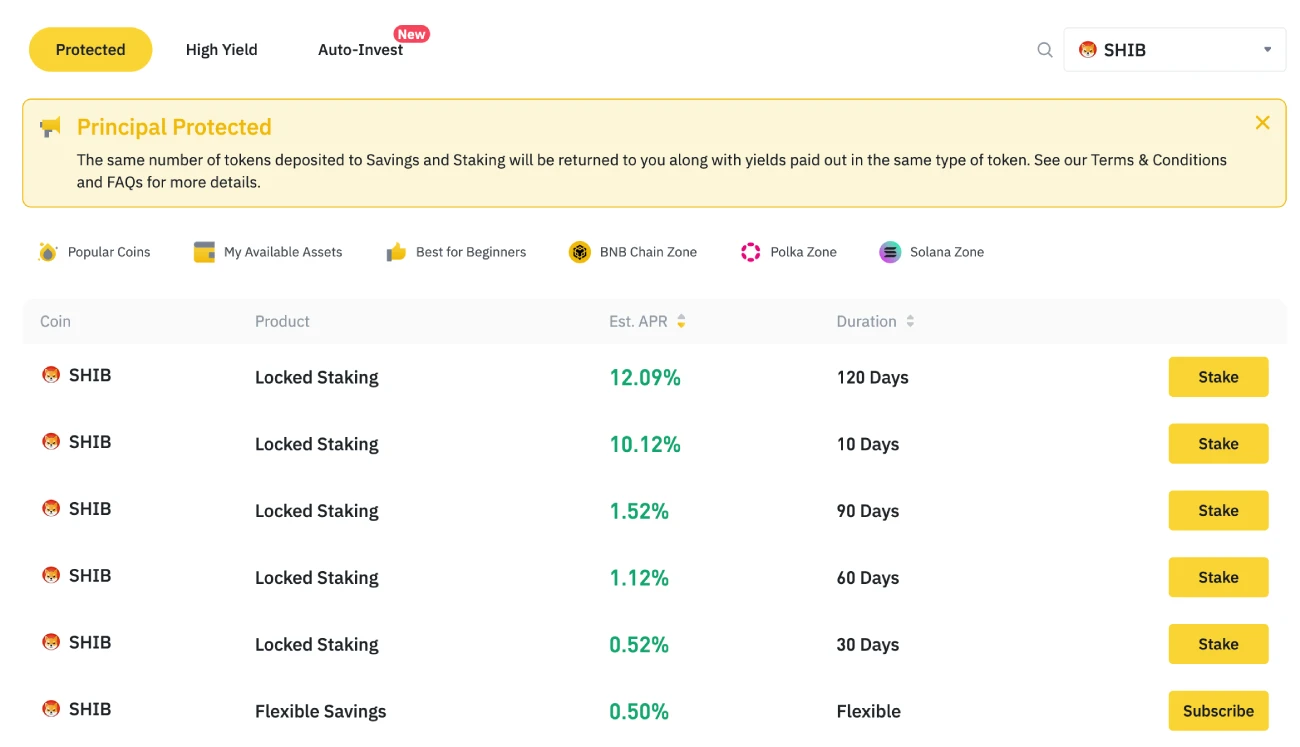
How to Stake Shiba Inu on ShibaSwap?
You can stake(bury) your Shiba Inu on Shiba Swap very easily and start providing liquidity to the protocol and start earning staking rewards. In order to stake SHIB, you will need to connect your cryptocurrency wallet containing SHIB tokens to Shiba Swap and it supports Metamask Wallet, Coinbase Wallet, etc. You can buy SHIB from a centralized exchange and transfer those to your Metamask or Coinbase Wallet.
Or you can buy SHIB tokens on Shiba Swap by swapping them for ETH. Make sure that you have ETH in your wallet to pay for the swap and the transaction gas fees as well. Once you have a sufficient amount of SHIB in your wallet, click on Stake Tokens under the Bury option. On Shiba Swap you can stake not only SHIB tokens but also LEASH and BONE tokens as well.
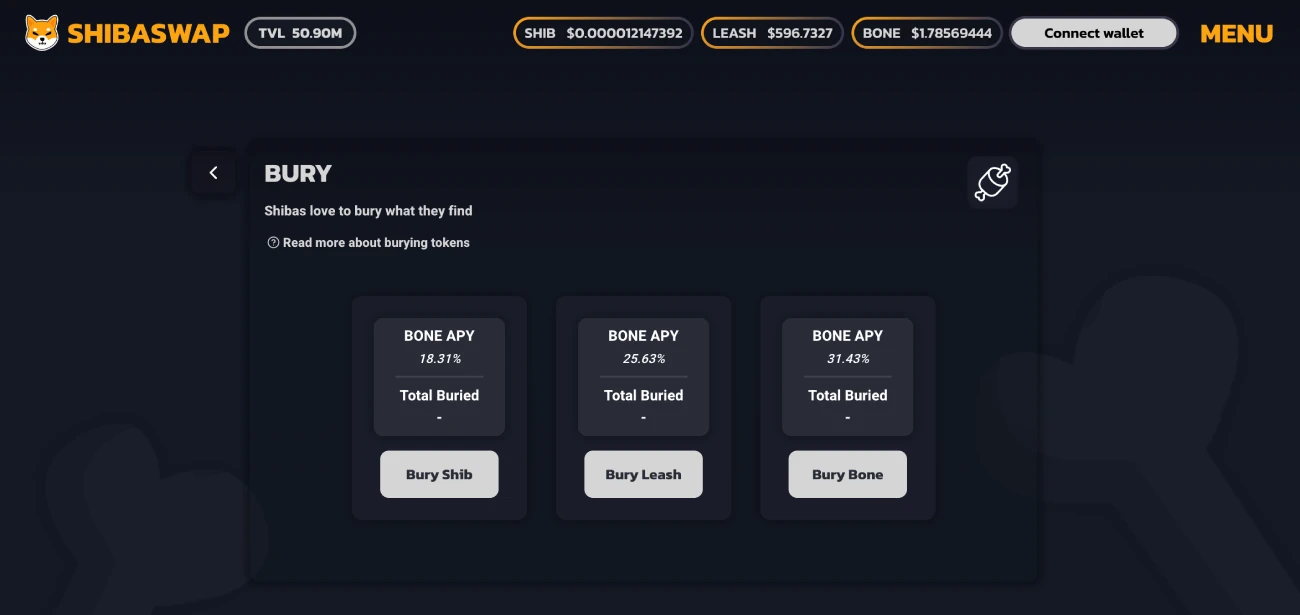
It should however be kept in mind that if you stake SHIB on Shiba Swap, you can only withdraw 33 percent of your weekly staking rewards and the rest is locked up for a period of 6 months.
Benefits of Staking Shiba Inu
Now that we know how to stake Shiba Inu, let us see why it is a good idea to start staking SHIB. Some of the benefits include:
- If you have a sufficient amount of SHIB tokens, you can earn a decent passive income on your investments without indulging in risky trading.
- As Ethereum moves towards the PoS mechanism, proof of stake will become the go-to mechanism for the blockchain industry. And if you have your SHIB staked, you can become a part of the revolution.
- You can provide liquidity to the Shiba Swap DEX.
- AS more SHIB tokens are staked for a long period of time, it increases the total value locked which in turn would help push the price of SHIB tokens higher.
Downsides of Staking Shiba Inu
As is the case with everything in this world, there are some downsides associated with staking Shiba Inu as well. Some of those are given down below:
- In order to earn substantial staking rewards, you will have to lock your tokens for a longer period of time and stake large amounts of tokens as well.
- If you are staking tokens on a centralized cryptocurrency exchange and redeeming your tokens before the maturity period, then the interest you have earned till then is lost.
- Locked staking on centralized exchanges is limited to a certain quota and you can miss out on the available slots.
- If you are staking on Shiba Swap, the high gas fees of Ethereum can be a huge hindrance.
- The price of Shiba Inu and other cryptocurrencies is highly volatile and if the price drops drastically, you can end up making losses after your staking period is over.
Conclusion
Shiba Inu has proven to be one of the best-performing cryptocurrencies since its launch and has outperformed the biggest cryptocurrencies as well. But it should be kept in mind that cryptocurrencies are a very volatile asset class and are not regulated by any government laws or agencies. Nothing in this article should be taken as a piece of financial advice and you should only invest in cryptocurrencies what you can afford to lose. With that said, if you chose to invest in crypto, staking is one of the best ways to earn interest on your investment and establish a sustainable passive income stream.
If you are interested in meme coins like Shiba Inu, then Floki Inu and Saitama Inu are the next big things and you can learn how to buy them at CoinStats guides “How to buy Floki Inu” and “how to buy Saitama Inu” respectively. You can also check the live prices for Floki Inu and Saitama Inu on CoinStats at “Floki Inu Price” and “Saitama Inu Price“. In order to understand what DeFi is and how you can make the most out of it, go to our detailed guide “What is DeFi“. To learn more about tracking your crypto portfolios, go to “crypto portfolio trackers”.
Disclaimer: All information provided in or through the CoinStats Website is for informational and educational purposes only. It does not constitute a recommendation to enter into a particular transaction or investment strategy and should not be relied upon in making an investment decision. Any investment decision made by you is entirely at your own risk. In no event shall CoinStats be liable for any incurred losses. See our Disclaimer and Editorial Guidelines to learn more.
